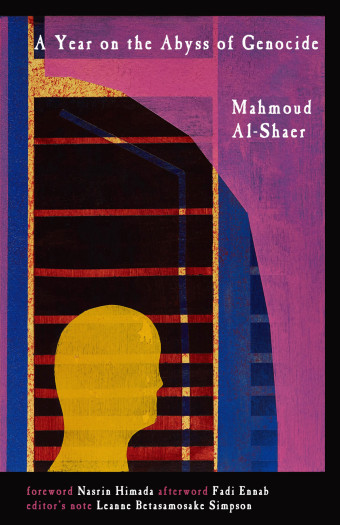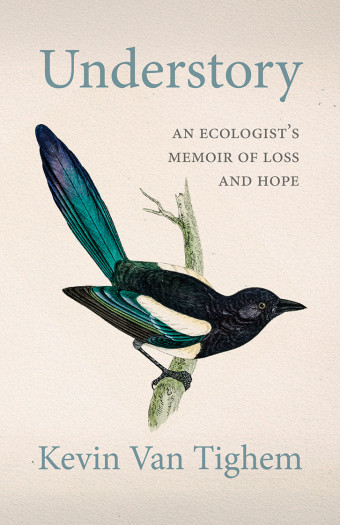Through first-hand accounts of Palestinian women, the Women’s Voices from Gaza series presents the lives of ordinary people from the late 1920s until the early 2000s, forging an understanding of the history, culture, and traditions of Palestine.

- A White Lie
- Madeeha Hafez Albatta, Barbara Bill (Editor), Ghada Ageel (Editor)
- The University of Alberta Press
- $24.99 Paperback, 236 pages
- ISBN: 978-17-72124-92-7
“The collection of stories, set in Gaza, allows the world to step inside the lives of the women of Palestine and learn first-hand what would otherwise remain buried in the hearts of those unable to access an audience,” co-editor Dr. Ghada Ageel says. “The series is a journey into the lives of Palestinian women filled as equally with uncertainty and loss as they are with hope.”
In total, seven stories will be published in this series.
The first book, A White Lie, is the story of Madeeha Hafez Albatta (1924–2011).
Albatta was raised in Khan Younis, a town in the southern area of the Gaza Strip. A “little white lie” she told as a schoolgirl changed the entire course of her life, affording her the opportunity to attend college. Through hard work and determination, she became a teacher while still a teenager.
By the age of 22, she was promoted to school principal, the youngest in Gazan history. Always recognizing the importance of education, Albatta rallied the community to guarantee the right to education for thousands of refugee children arriving in Gaza in 1948.
_628_940_90.jpg)
“Madeeha’s narrative was selected to be first in this series because her life experience and personality overlaps with, corresponds to, and unites all of the women represented (whether a native Gazan, a refugee, a mother of prisoners, a villager, or an exiled returnee),” Ageel says. “To a large extent her life journey corresponds to and communicates the collective Palestinian story.”
Albatta witnessed some of the most turbulent periods of Palestine’s recent history while bravely living as a teacher and principal, an activist and a community organizer, and a mother.
“Her story reveals how these periods shaped Madeeha’s life, forcing her to take unimaginable decisions and actions to safeguard her family and what remains of Palestine,” says Ageel. “Her narrative embraces very fine details of ways of Palestinian collective life under different eras, unearthing vibrant culture, old traditions, customs, and important and critical features of Palestinian society that readers rarely hear of.”

The series depicts the history of Gaza from the viewpoint of its people, Ageel says, giving “a reading of the human history beyond and behind chronologies.”
Ageel and her co-editor Barbara Bill met in Gaza, where Ageel was Bill’s Arabic teacher. Over the course of three years, they met, interviewed, and translated and transcribed the oral histories of seven Palestinian women.
Ageel notes there is a distinct overlap across and among the seven testimonies, forming a profound collective memory of the shared Palestinian experience.
“Read on its own, each individual story represents the experience of several generations,” she says. “The entire series of seven, however, tells a story of a people. It breaks down statistics and dates and a chronology of conflict into concrete details of actual survival and resistance, complex human emotions, specific difficult choices.”













